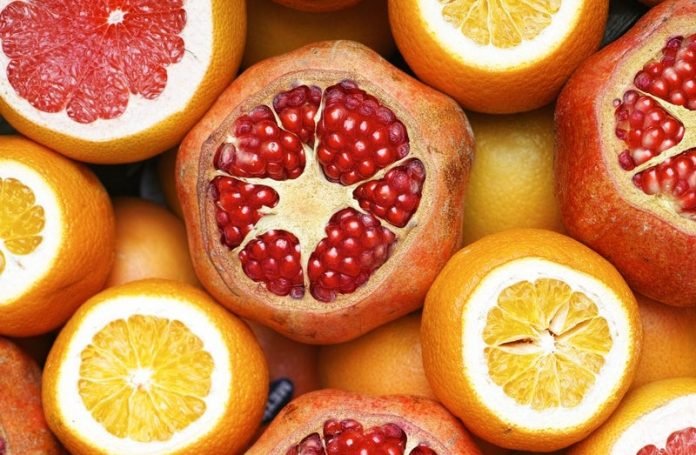
A new study found that older people taking statin drugs have a lower chance of developing parkinsonism later compared to people who were not taking statins.
Statins are drugs used to lower cholesterol in the blood and protect against atherosclerosis, a buildup of plaque in the arteries that can lead to hardening of the arteries, heart attack and stroke.
The study is published in Neurology and was conducted by author Shahram Oveisgharan et al.
Parkinsonism is a term for a group of neurological conditions that cause movement problems including tremors, slowed movement, and stiffness, with Parkinson’s disease being one of the better knowns causes.
In the study, the team tested 2,841 people with an average age of 76 who did not have parkinsonism at the start of the study. Of those, 936 people, or 33%, were taking statins.
Researchers followed up with participants annually for an average of six years to check the statins they were taking and to test for signs of parkinsonism.
People were considered to have parkinsonism if they met the requirement for mild impairment for two or more of the following symptoms: tremor, stiffness, parkinsonian gait, which is marked by small shuffling steps and general slowness of movement, and bradykinesia, a hallmark of parkinsonism which is difficulty moving the body quickly on command.
By the end of the study, 1,432 people, or 50%, developed signs of parkinsonism.
Out of 936 people taking statins, 418 people, or 45%, developed parkinsonism six years later, compared to 1,014 out of 1,905 people, or 53%, of those who had not been taking statins.
The team found that people who had been taking statins, on average, had a 16% lower risk of developing parkinsonism six years later compared to those who had not been taking statins.
About 79% of people on statin therapy were taking moderate or high-intensity statins.
Researchers found that people taking higher intensity statins had a 7% lower risk of developing parkinsonism compared to those on low-intensity statins.
Researchers also examined the brains of 1,044 people who died during the study.
They found those who had been using statins had, on average, 37% lower odds of having atherosclerosis compared to those who had not been using statins.
The team says people using statins may have a lower risk of parkinsonism and that may be partly caused by the protective effect statins may have on arteries in the brain.
Recent studies have found the major cause of Parkinson’s disease, and this stuff in berries may prevent and reverse Parkinson’s disease, which is highly relevant to the current study.
A recent study published in Neurology found that people who consume high levels of dietary vitamin C and E may lower their risk for Parkinson’s disease by almost a third.
They found vitamins C and E are also antioxidants that could ward off the cell damage Parkinson’s causes.
Specifically, antioxidants might help counteract “unstable” molecules and the oxidative stress that can lead to a loss of a brain chemical called dopamine, which is a hallmark of the condition.
In the study, the team followed nearly 44,000 adults in Sweden for an average of 18 years. None had Parkinson’s at the start.
Participants completed a questionnaire at the outset about their medical history, diet, and exercise, including height, weight, and physical activity.
They were then divided into three groups: those with the highest intake of vitamins E and C, those with moderate intake, and those with the lowest intake. Throughout the study, 465 people developed Parkinson’s disease.
The team found people who got the most vitamins E and C had a 32% lower risk of Parkinson’s disease than those who got the least.
They suggest antioxidants may be one of the factors that protect against Parkinson’s. Vitamins C and E are also antioxidants that could ward off cell damage.
Therefore, eating foods that are rich in vitamins E and C might help to prevent the development of Parkinson’s disease.
Foods high in vitamin C include oranges, strawberries, broccoli, and Brussels sprouts. Foods high in vitamin E include spinach, collard greens, pumpkin, and nuts such as almonds and peanuts.
If you care about Parkinson’s disease, please read studies about gut inflammation that may initiate Parkinson’s disease, and simple daily habits may reduce the risk of Parkinson’s disease.
For more information about Parkinson’s disease and your health, please see recent studies about this stuff in berries that may prevent and reverse Parkinson’s disease and results showing that Parkinson’s disease is not one, but two diseases.
Copyright © 2022 Knowridge Science Report. All rights reserved.



